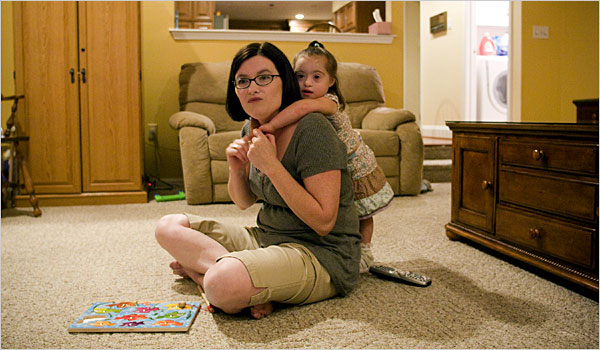Parenting a Child with Special Needs Has Its Challenges

as seen on nytimes.com
If you are a parent of a child with special needs, your everyday challenges will undoubtedly be much greater than the average parent. There may be times where you feel isolated and alone. The challenges are great, but know that you are not alone and with help and guidance you can help your child become a successful and productive adult.
The term “special needs” can refer to a range of developmental disabilities. This can be a variation of different things such as impacting a person’s ability to move, learn, communicate, care for him/herself, and become independent. The conditions include, attention deficit hyperactivity disorder, cerebral palsy, autism, seizures, stuttering or stammering, hearing loss, blindness, learning disorders and other developmental delays. It is believed as many as fifteen percent of children have some sort of “special need”.
A Sense of Grief
It is normal when you are a parent of a child with special needs to feel a sense of grief and is actually more common than you would think. It is natural as parents to develop hopes and dreams about what their child can become in the world. There is never the expectation that the baby will be born with, or develop, a disability or special need. When it happens, much of what was imagined and planned is forever changed.
A Parent Will Experience Different Emotions
Parenting a child with special needs can be quite overwhelming at times. When the parent first learns about the child’s condition, the parent will no doubt experience a whirlwind of emotion:
- It is not uncommon to feel a sense of anger toward your child.
- Many parents will have an immediate sense of fear about their child’s future.
- Feelings of isolation and depression are common as well.
- Guilt for being unable to protect your child.
- A sense of resentment towards those whose children do not have developmental disability.
Whatever emotions you may initially feel remember, there is support for both you and your child.
The process is long but there are steps you can take to cope with these emotions of isolation or depression. Remember that this is your child, and that he or she loves you and that you love them. This process is more about understanding yourself, than your child’s condition and that you still have the ability to be a great parent and that your child can still achieve his or her goals with love and support.
